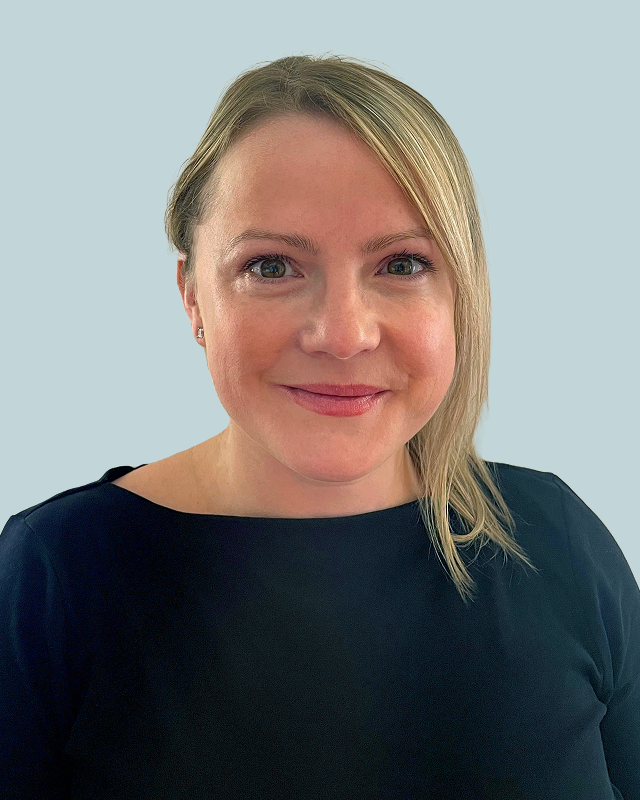
How Much Money Do You Need to Retire in the UK?
What Is Retirement Planning?
Retirement planning helps you save money for when you stop working. You need to understand your annual income to determine how much will be necessary to maintain different lifestyles during retirement. This helps you set goals you can reach.
How much money you need depends on how you want to live. You need enough for essential expenditure, plus extra for things you enjoy.
Start saving early. This gives your money time to grow. Check your plan often to stay on track.
How Your Spending Changes After You Leave Medicine
When you retire from healthcare, some costs go down:
- NHS pension payments
- Medical indemnity insurance
- GMC or NMC registration fees
- Work travel costs
- Professional membership fees
But some costs may go up:
- Travel and fun activities
- Healthcare needs
- Home bills, repairs, and home maintenance
- Insurance costs
- Helping family
Working Out Your Retirement Needs
To work out your retirement needs, think about:
- How you want to live when you stop practising
- Your costs in retirement
- All sources of income
You should think about how long your savings need to last. You should also think about where your money will come from, such as NHS pension, private practice income, or personal pensions.
Start planning early and check your plan often to make sure you'll reach your goals. With a good plan, you can enjoy retirement and have the freedom to live how you want.
How Much Money Do You Need
Knowing how much income you need helps you work out how much to save. The Pensions and Lifetime Savings Association (PLSA) gives us three levels to aim for:
For Single Medical Professionals:
- Basic level: £13,400 per year
- Medium level: £31,700 per year
- Comfortable level: £43,900 per year
For Couples:
- Basic level: £21,600 per year
- Medium level: £43,900 per year
- Comfortable level: £60,600 per year
These amounts are what you'll spend, not your income.
What These Levels Mean for Your Life After Medicine
Basic Level:
- All needs met
- Eating out once a month
- Some UK trips
- Basic home upkeep
Medium Level:
- More money for fun activities
- Yearly trips to Europe
- Often going out with friends
- Regular home upkeep
- More money for hobbies
Comfortable Level:
- Best lifestyle choices
- Regular events and shows
- Better or longer trips
- Complete home care
- Lots of money for hobbies
Money Options When You Retire
The UK government gives tax relief on pension payments to help you save more. You need enough pension savings to keep your lifestyle after you stop working in healthcare.
When you retire, you may get money from:
- State pension
- NHS pension
- Your private pension plan
- Other savings and investments
You can add to your pension income depending on how you invest your lump sum from your pension pot.
Our FCA-regulated financial advisers can help you pick the best options for you. The right choices depend on your personal situation.
Check your plan now and then to make sure it still works for you.
Understanding Rising Prices
To help protect against rising prices (inflation):
- Keep some money invested during retirement
- Balance growth and income needs
- Check your finances often
Remember that investing has risks. Your money could grow or shrink.
Things to Think About for Early Retirement
For most doctors working today, the 2015 NHS Pension Scheme applies. In this scheme:
- Your normal pension age matches your State Pension age (between 67 and 68)
- You can take early retirement from age 55 (rising to 57 from 2028)
- Taking your pension early will reduce your benefits permanently
- Each year early typically reduces your pension by 3-5%
Some older doctors may have protection in the 1995 or 2008 schemes, which have different retirement ages (60 and 65).
If you want to retire before your normal pension age, you need to plan more:
- Your retirement will be longer
- You'll have less time to build your pension
- You might miss out on years when you earn the most
- Your NHS pension will be reduced for early access
Many doctors choose to partly retire through the NHS "retire and return" option, working fewer sessions while drawing part of their pension.
Partly retiring can be easier to manage money-wise than fully retiring, letting you add to your pension income with part-time clinical sessions or locum work.
It's important to consider your personal circumstances, such as marital status and unpaid debts, as these factors significantly influence the amount of money needed for retirement.
Need Expert Financial Advice?
Your retirement is personal to you. If you want help planning your future, our financial advisers understand the unique needs of healthcare workers.
Get in touch for a pension review. We can help match your money plans with your goals and make sure you're making the most of your NHS pension benefits.

